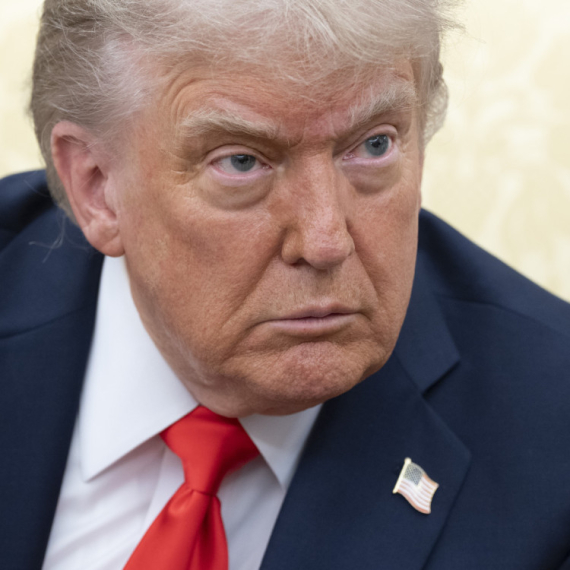The main topic of the article concerns speculations about Viktor Orban possibly stepping down as the Prime Minister of Hungary. Reports suggest that Orban may not lead the Fidesz party in the upcoming elections, with Janos Lazar mentioned as a potential successor who could establish friendlier relations with the European Union and enable the unblocking of EU funds. There is resistance to Orban within the Fidesz party itself, while polls show the opposition party Tisa led by Peter Magyar holding an advantage. Media highlight that Orban might remain the party leader to maintain stability, while Lazar would be tasked with preventing the opposition’s victory. The topic is covered with different emphases depending on political leanings, focusing on internal political dynamics, EU relations, and the upcoming elections.
Political Perspectives:
Left: Left-leaning outlets tend to emphasize the internal dissent within the Fidesz party and the potential for political change in Hungary. They highlight the possibility that Orban’s leadership is weakening and focus on the opposition’s growing strength, portraying the situation as an opportunity for democratic renewal and a shift towards more EU-friendly policies.
Center: Center-leaning sources report the facts of the speculations neutrally, focusing on the political implications of a leadership change within Fidesz. They discuss the potential for Janos Lazar to improve relations with the EU and the strategic reasons for Orban possibly stepping down while maintaining party leadership to ensure stability. The coverage is balanced, noting both the challenges and opportunities ahead.
Right: Right-leaning media often stress Orban’s continued influence and the strategic nature of the leadership speculation, suggesting it is a tactical move to preserve party unity and electoral success. They may downplay opposition strength and frame Lazar’s potential leadership as a continuation of Fidesz’s policies, emphasizing national sovereignty and skepticism towards EU interference.








































